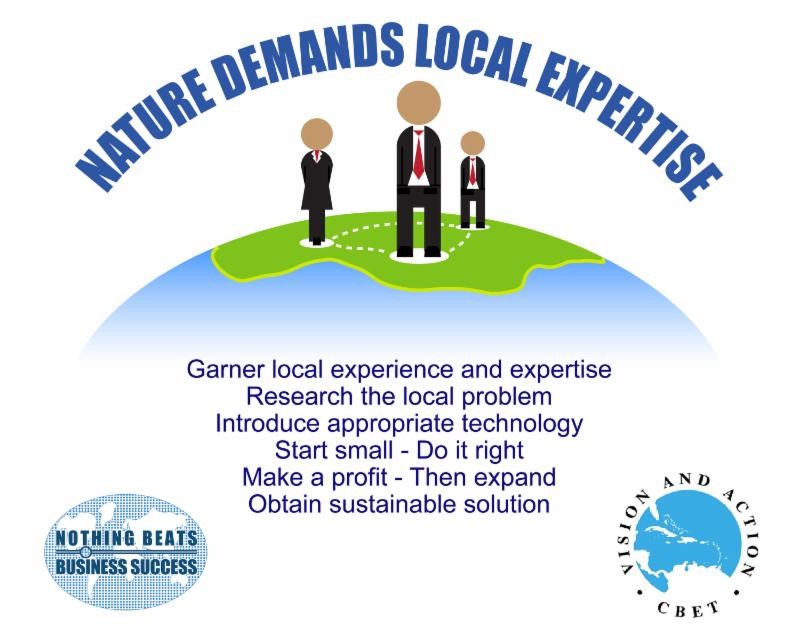“The Lord will guide you continually … and you shall be like a watered garden, like a spring of water, whose waters never fail.” – Isaiah 58:11
Janine Benyus, author of “Biomimicry – Innovation inspired by Nature”, writes: “For over 300 years we have studied nature, but we have not allowed it to teach us. It is about asking the questions in a new way. Biologists have studied ‘why’ animals act as they do, but they have rarely asked ‘how’.” She observes that there is a big difference between the two. Whereas researchers focus on the ‘why’, problem solvers are engaged with the ‘how’.
Agneta Winqvist, in her book Wabi Sabi, postulates: “Local knowledge is always used in nature, one simply functions with the things one has in close proximity – one never has to look very far away. If you look at many of the things that worry us human beings these days, the reason is that we no longer trust local expertise.”
Is it our culture, historical conditioning, laziness, or lack of self confidence and ambition? Why is it that in approaching a solution to a problem solving challenge we are prone to ask the question, ‘where has it been done before?’ Why can we not just learn from nature and use local expertise.
Many decades ago, when practising as a biometrician at the University of the West Indies in Trinidad, there was a disease problem affecting the citrus industry. Of course, the local plant pathology experts were consulted and then foreign expertise was brought in. It was not until the field assistants, with many man years of experience in the citrus groves among the plants, were interviewed that a solution was found. Their observations of the impact of changes in the environment on plant behaviour, over the years, ultimately provided the key to the solution by the pathologists.
Almost 20 years ago, I was appointed as a consultant to lead a team to address an important business problem which, if solved, could unlock the potential for sustainable economic growth in the Caribbean and beyond. A team of local experience and expertise, with a sprinkling of suitable diversity from abroad, was assembled to research the problem in many Caribbean countries.
The problem was twofold. Firstly, start-up businesses, which represent the nucleus from which economic growth may emerge, failed at the rate of 90 percent in the first five years of operation. In contrast, today the mortality rate of human beings in the first five years of life is four per cent. Secondly, it was virtually impossible for start-up businesses to get initial funding from traditional financial institutions.
As researchers we asked ‘why’. The reasons for these problems were, respectively, that the management of business systems was very inefficient resulting in high failure rates and that the business risk was too high resulting in non approval of financial investment proposals.
As problem solvers, we asked ‘how’ and introduced appropriate technology. On the one hand, the concept of Shepherding to reduce the risk of business failure and, on the other hand, an innovative seed/equity fund with Shepherding as collateral. We also proposed that we should introduce Skip Weitzen’s business philosophy of “Start small; Do it right; Make a profit; Then expand” towards sustainable economic growth and development.

Let us seek Divine guidance and exhibit passion, persistence and patience as we feed off the eternal spring waters of local expertise.
(Dr. Basil Springer GCM is Change-Engine Consultant, Caribbean Business Enterprise Trust Inc. – CBET. His email address is basilgf57@gmail.com and his columns may be found at www.cbetmodel.org and www.nothingbeatsbusiness.com.)
